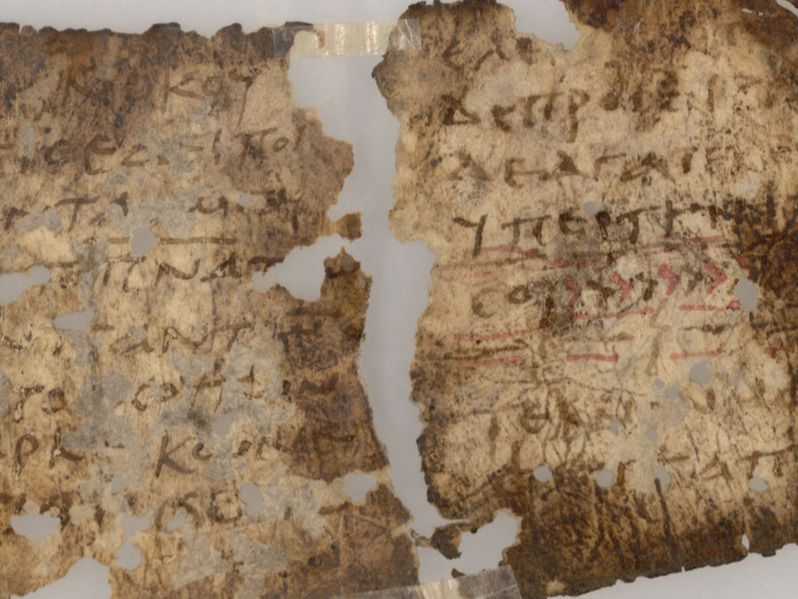Welcome To All Saints
Whether you are visiting, new to the community, or searching for a church home, you will find All Saints to be an engaging congregation that loves to worship God in the Anglican tradition. We invite you to join us as we meet with our Lord Jesus in Word, Sacrament, and transcendent Worship. (Our rector, Father Isaac Rehberg)
The Anglican Way
Ancient Faith
We hold to the same faith, practice, and doctrine that nourished the earliest Christians.
Transcendent Worship
We worship according to the ancient rhythms and liturgical patterns of the historic Church.
Classical Formation
We form disciples holistically in community through practice of timeless spiritual disciplines.
Join Us As We Worship Our King
Worship Schedule
11122 Link, San Antonio, TX 78213
Sunday
Holy Communion ✝ 9:00 AM
Catechesis Of The Good Shepherd (Kids) ✝ 9:00 AM
Catechesis (Adults) ✝ 10:30 AM
Holy Communion (Choral) ✝ 11:15 AM
Wednesday
Catechesis Of The Good Shepherd (Kids) ✝ 9:15 AM
Matins (Morning Prayer) ✝ 9:30 AM
Evensong (Evening Prayer) ✝ 6:00 PM

The Bishop and Shepherd of our Souls: A Homily for the Second Sunday After Easter
From the 11:15 service on 05/04/2025


Connect With All Saints
Request prayer, provide feedback, or decide on next-steps

Nicaea I, 235 AD
Part 3 of our Series on the Ecumenical Councils
Christian Education 04/27/2025

The Pure Milk of the Word: A Homily for the 1st Sunday After Easter
From the 11:15 service on 04/27/2025

Family Registration
Add and manage your and/or your family's personal information, check-ins, giving, and more

The Ecumenical Councils (Full Series)
Adult Catechesis (YouTube Playlist)

The Didache: The Teaching Of The Disciples (Full Series)
Adult Catechesis (YouTube Playlist)
Find
Connect
11122 Link
San Antonio, TX 78213
210-975-3234
Explore
Copyright © 2025 | Powered by  churchtrac
churchtrac

